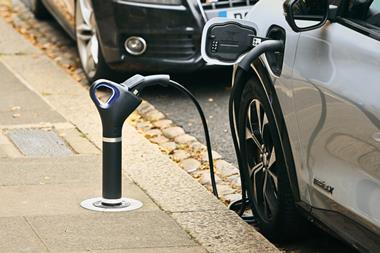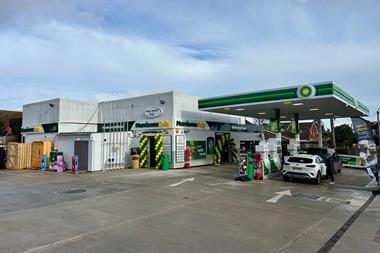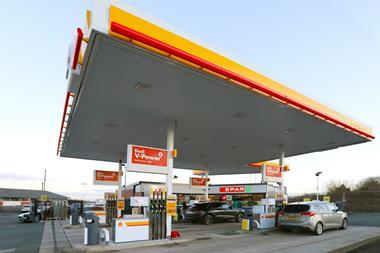Whether you regarded it as a crisis or an opportunity, it was certainly a mess as millions of motorists were advised by government ministers to amble along to their nearest fuel station and keep their tanks ’topped up’.
This endearing message was also extended to any friendly jerry cans one might have lurking in the garage. Oh and one last thing... no need to panic..! There’s no strike yet... Hence a shortage of fuel ensued as millions of motorists beseiged their local forecourts up and down the land. Not to mention an almighty boost for the jerry can business.
However messy, the whole sequence of events, from the moment the Unite tanker drivers voted for strike action, rather supports the view that every cloud has a silver lining. Not only did it bring a much-needed sales boost to struggling fuel retailers and some might cynically suggest to year-end tax revenues for the government but it could also assist RMI Petrol’s call for an investigation into the industry by the Office of Fair Trading.
There is just a short time left before the decision is announced about whether the OFT inquiry gets the green light. But the threat of strike action, which raises questions about UK fuel storage, will bring to the fore the declining capacity within the retail network, and the reasons for that. Apart from making RMI Petrol chairman Brian Madderson very angry, the situation has given him the opportunity to highlight the complete lack of engagement by the Department of Energy & Climate Change. The relevant parties should all be sitting up and taking notice now. There have to be sensible emergency plans if there were any they seem to have languished in a cupboard since the last major fuel crisis of 2000. But while the last week of March proved fruitful for some, let’s hope there is no strike. It was a good dress rehearsal to hone those back-up plans, but a huge disruption to business is the last thing anyone needs.


























No comments yet